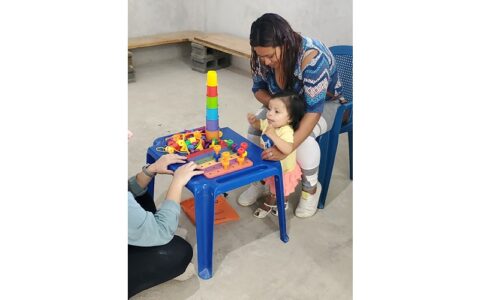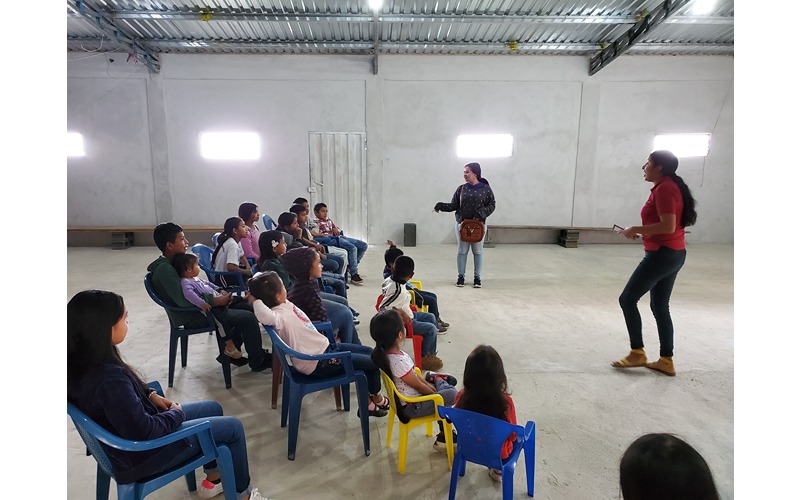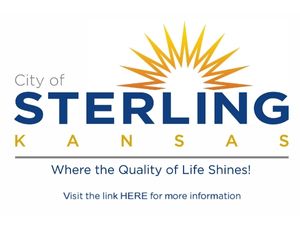By Brenna Eller
MOUNDRIDGE, Kan. — Life is a non-stop adventure for Ashley Williams and his family who continually work to benefit Cerro Bueno, Honduras through their coffee farming business.
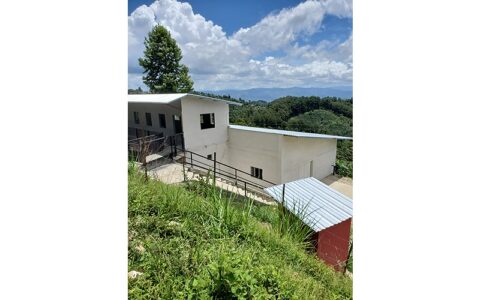
Stateside, the Williams family live in Moundridge, Kan., but when it is prime coffee growing time, they live in Honduras. They own both the Legacy Farms Coffee Farm in Honduras and Legacy Farms Coffee Roastery in Moundridge.
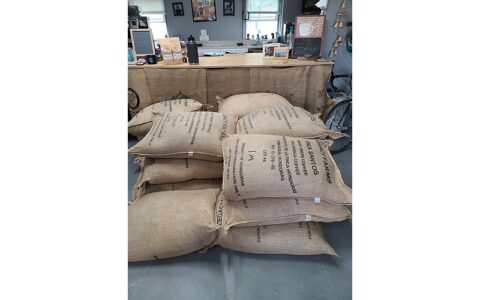
Ashley Williams and his wife Julia met in Honduras while on two separate mission trips in 2000.
They bought their first coffee farm “accidentally” when purchasing land to help build homes for Honduran families. They had an increasing interest in coffee and wanted to do more projects in Honduras.
With the help of their two sons Jonathan and Eli, Ashley and Julia grow the coffee at their farm in Cerro Bueno and roast and sell from Moundridge, at 2214 Arapaho Rd.
According to Ashley, they recently got their coffee container from Honduras on Aug. 17.
“The container only arrives once a year,” Williams said. “The farm helps our non profit, LFMissions, which funds the children’s church, library and after school programs.”
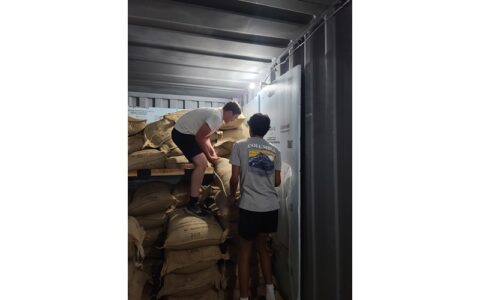
The container arrived later than they expected on Thursday according to Williams and they got right to work with help from friends and family.”We unloaded 208 bags of coffee and 10 bags of Coffee Cherry Tea,” Williams said. “With the help of my boys, wife, our Arnis (hand to hand stick and knife fighting) teacher and 11 guys from the Moundridge football team, we got it done.”
Friday was spent organizing and stacking the shipments and since then, they have been shipping small orders out to home roasters and Saturday Williams delivered 900 pounds of coffee to Oklahoma City.
“Then next week, Iowa,” Williams said.
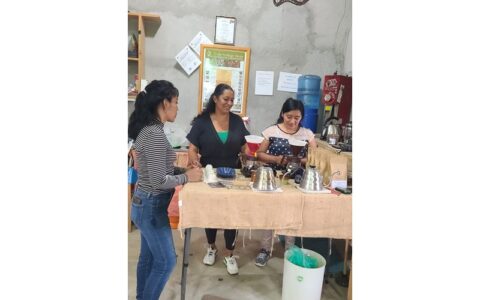
Williams started his first farm in 2010, “Finca Juancito.” Now Finca Williams is the main farm and together with their roastery, they make the company Legacy Farms Coffee.
“I purchased the second farm in 2014 and moved my family to Honduras,” Williams said. “I started the non profit LFmissions.org just over two years ago.”
Williams said they have a bank that lends money to their workers and neighbors to help with life and mainly buy small farms to grow coffee on.
“The non profit side runs a children’s church, library and community center,” Williams said. “We do home improvement for the people and two medical / dental clinics a year and we’re hoping to open a more regular schedule for the dental clinic in the future.”
Williams and his family hope to get the message out about their coffee and mission to share how they are making a difference for the people and children of Cerro Bueno.
About the Coffee:
The Honduras coffee is grown at 1450 meters to 1520 meters (4772-5003 feet). The farm is in the western region of Honduras near Marcala and 75 percent of the coffee is shade grown.
Three Processes:
The Natural Process starts by taking fresh picked cherries and placing them into large spring-filled tanks where “floaters” (bad cherries) are removed. The remaining coffee then goes straight to a patio until they are dry enough to move to a solar dryer. This process takes 20-30 days depending on the weather conditions, until it is 12.5% humidity. Then the coffee is rested for 60 days and after that is later de-hulled, hand selected and put into Grain Pro bags inside Burlap sacks.
The Canal Washed process – The coffee is de-pulped and placed into a canal and any coffee that floats is removed. The good beans remaining are washed in the canals by moving them until all the mucilage has washed away. Then the coffee will go to the patio or solar dryer until reaching 12.5% humidity.
The Honey Process is a slightly more complicated process, but brings out more flavor. First the coffee is floated to remove all the bad beans. Then the remaining beans go straight to the de-pulper. Once the outside covering of the beans are removed, the beans go straight to the patio for 4-5 days. After the beans have dried slightly, the coffee will be taken to the solar dryer for an additional 15-18 days until dry. This process creates a sticky sweet bean with an amazing peach smell and taste while drying.
For more information about the farm, business or nonprofit, you can visit the Legacy Farms website. You can also follow Legacy Farms Coffee on Facebook or their Instagram at Legacyfarmscoffee2010. Their YouTube channel is Legacyfarmscoffee200.
